Early on January 21st the BBC News website published a backgrounder by Raffi Berg titled ‘Understanding a week of missile strikes across Middle East’ which opens as follows: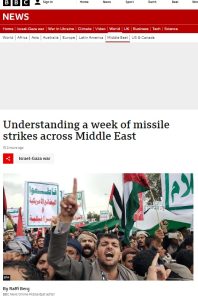
“The past week has seen new rounds of violence across the Middle East, deepening fears of conflict spreading in an already unstable region.
Here is a brief guide to what has happened – and where it might lead.”
That “brief guide to what has happened” during “the past week” – i.e since January 14th – is however marred by omissions.
Berg’s article is divided into sections headed with the names of the parties involved and locations, for example “Iran-Pakistan”, “Yemen and the Red Sea”. That latter section tells readers that:
“The Houthis – backed by Iran – stepped up their attacks in November following the outbreak of the war in Gaza. They vowed to target “Israeli-linked” boats so long as Israel’s offensive continued, to show solidarity with the Palestinians.”
BBC audiences are not told that the majority of the vessels targeted by the Houthis have not been “Israeli-linked” or of Iranian involvement that goes beyond ‘backing’. Neither does Berg mention the fact that the Houthis have launched missile and drone attacks on the Israeli city of Eilat.
A section headed “Israel-Hezbollah-Iran” tells readers that:
“An increasingly intensifying years-long shadow war between arch-foes Israel and Iran ratcheted up on Monday when Iran fired missiles at what it described as headquarters of Israel’s Mossad spy agency in Irbil in Iraq’s semi-autonomous Kurdistan region, killing four people. Iraq – an ally of Iran and hostile to Israel – denied Mossad was there and condemned the attack.”
Despite there being no evidence whatsoever to show that the target of the Iranian attack on Irbil had anything to do with Israel, Berg nevertheless repeats the baseless Iranian claims. The report by George Wright and David Gritten to which he links uncritically amplified those Iranian claims for over eight hours after its publication, with its first six versions telling BBC audiences that:
“Earlier, Iran’s Revolutionary Guards said that “one of the main Mossad espionage headquarters in Iraq’s Kurdistan region was destroyed with ballistic missiles”.
A statement said it was “in response to the recent atrocities of the Zionist regime”.”
Berg’s readers are not informed that Iraq made a complaint to the UN Security Council concerning that incident and recalled its ambassador to Tehran or that among the people killed in the Iranian attack were children and foreign nationals.
The same section of Berg’s report states:
“The Israel-Lebanese border, where Israel and Hezbollah – heavily armed and funded by Iran – have frequently traded strikes since the Hamas attack on Israel and start of the Gaza war on 7 October, is one of the most dangerous fronts in the region.”
Despite Berg’s use of the unhelpful phrase “traded strikes”, readers are not informed that it was Hizballah which began the attacks on October 8th or that in the week to which Berg’s article relates, the almost daily attacks from Lebanon on civilian communities included one on Kfar Yuval in which (as the BBC is aware) two Israelis were killed in their home.
A section of Berg’s report headed “Israel-Syria-Iran” tells readers that:
“An air strike on the Syrian capital, Damascus, on Saturday killed 10 people, according to the Syrian Observatory for Human Rights. Five of them were senior members of Iran’s elite Islamic Revolutionary Guard Corps.
Syria and Iran blamed Israel, with Iran vowing revenge.
It follows similar strikes around Damascus earlier in the week. Israel has not commented, but has previously acknowledged carrying out hundreds of aerial operations in Syria involving attacks on targets it says are linked to Iran. An interception of a fighter aircraft by Syrian air defences – which has so far not happened – or deadly retaliation could ignite a new crisis in a region beset by wars.”
However, no mention is made of a rocket attack launched from Syria on January 18th or of previous attacks on communities in the Golan Heights.
Under the heading “Israel-Gaza” a twice amended paragraph tells readers that:
“Intense fighting between Israel and Hamas in Gaza has continued, with the war there now in its 15th week. At least 891 Palestinians have been killed by Israeli bombardment since last Sunday, raising the death toll there since 7 October to more than 25,000, according to the Hamas-run health ministry. On the Israeli side, nine soldiers were killed in the same period, bringing its combat death total to 189.”
Berg goes on to tell readers that “Israel intensified its offensive on the southern city of Khan Younis this week” and to mention the terror attack in Ra’anana but refrains from mentioning any of the rocket attacks launched from the Gaza Strip at civilian communities in Israel during the past week, including a barrage of fifty missiles fired at Netivot on January 16th.
Berg continues:
“Violence has also escalated in the West Bank alongside the war. Israeli air strikes there on Wednesday killed nine Palestinians, medics said. Israel said at least five of the dead were planning an imminent attack.”
One of the incidents to which Berg refers took place in Balata, Nablus, on January 16th:
“The IDF and the Shin Bet internal security agency announced Wednesday morning that Amed Abdullah Abu-Shalal, the terrorist leader of the West Bank refugee camp of Balata near Nablus, was eliminated in a drone strike.
According to a statement, Abu-Shalal had orchestrated numerous attacks throughout the West Bank over the past year, including a shooting in East Jerusalem’s Sheikh Jarrah neighborhood last April, injuring two residents, and a bombing attack against IDF soldiers last October that resulted in a soldier’s injury.
The successful elimination of this cell came as they were reportedly planning an imminent large-scale terrorist attack. Post-operation investigations revealed several weapons in the car used by the terrorist cell.
The Balata camp’s terrorist infrastructure under Abu-Shalal’s command is believed to have been receiving funds and directions from Iranian sources. These sources are reportedly in collaboration with terrorist elements in the Gaza Strip and around the world.”
Despite Berg’s opening claim that his article will inform readers “what has happened – and where it might lead”, he failed to address the relevant topic of Iranian funding of terrorism in Palestinian Authority controlled areas.
The second incident took place in Tulkarem on January 17th and involved Palestinians shooting and hurling explosive devices at Israeli troops operating in that location.
As we see, Raffi Berg’s backgrounder (which is tagged “Israel-Gaza war”) on the topic of “a week of missile strikes across Middle East” is remarkable for the fact that it excludes all the attacks against Israeli civilians launched during that time period by Iranian backed terrorist organisations on three separate fronts: Lebanon, Syria and the Gaza Strip.
Those and other omissions certainly compromise audience understanding of its declared topic and obviously hamper its professed aim of informing readers of the background to potential developments.
Related Articles:

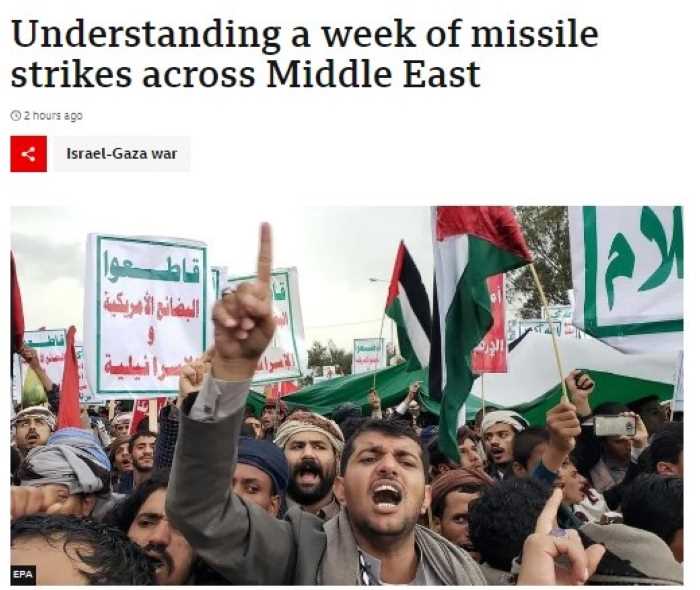
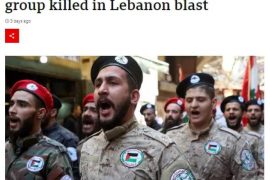
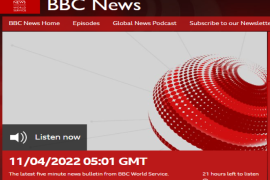
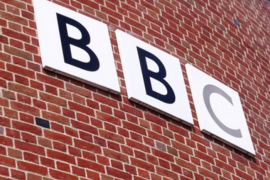

Given the Department of Culture review published today regarding the BBC there was one comment in the Daily Telegraph “The reforms follow fierce criticism of the BBC’s coverage of the war in Gaza and its refusal to brand Hamas a terrorist organisation.
The BBC was last month accused of offering a “steady diet of woke bias”, with a review of its output suggesting prejudice in coverage of debates over race and gender.” https://www.telegraph.co.uk/news/2024/01/22/bbc-get-tougher-scrutiny-bias-persist-ofcom-lucy-frazer/
In addition, according to UK Government statement “A new legally binding responsibility on the BBC Board will require it to actively oversee the BBC’s complaints process to assure audiences that their concerns are being fairly considered” which appears to indicate Berg’s analysis should be a formal complaint.
To this day we ask them to release the Balen report how bad can it be? Come on BBC we paid for it we want to read it, you cannot hide forever #defundthebbc